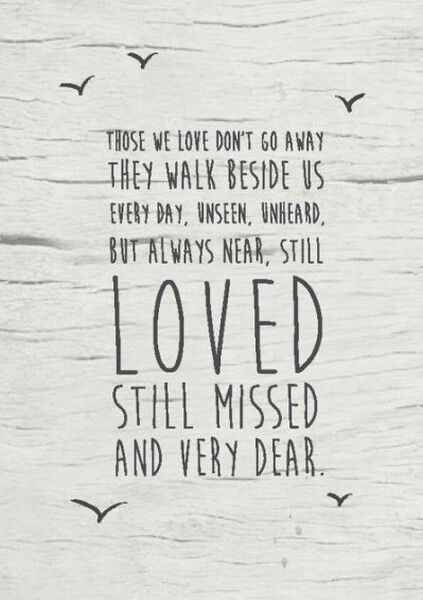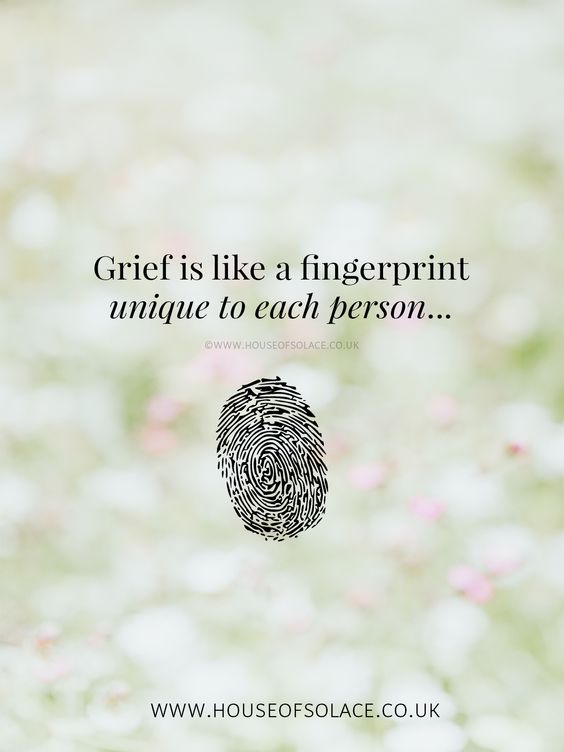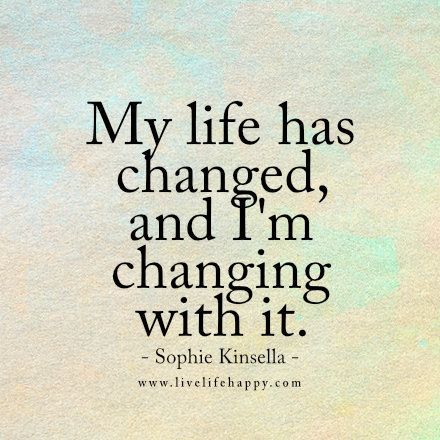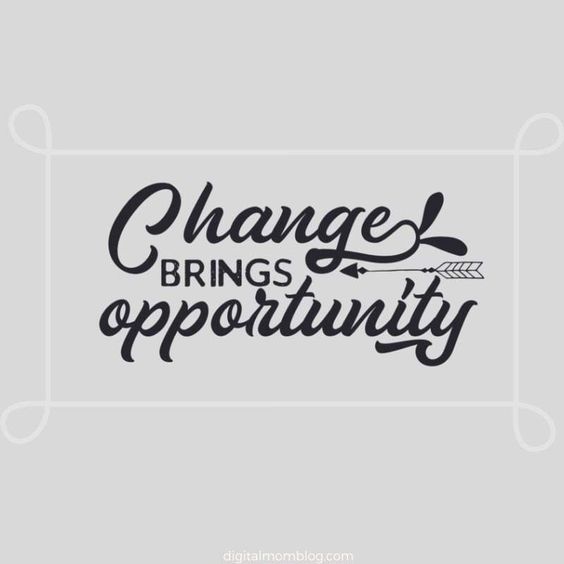I had a request for information on suicide bereavement...what would I recommend for survivors of suicide.
One, someone to talk to, maybe a friend or family member who can listen to the story, over and over again. Listen without judgement or trying to "problem-solve" the situation. We work through our pain when someone hears us.
Also that someone to talk with, can also be a professional counsellor. Maybe someone who is more objective than our friends and family are. Sure we need our loved ones but we also need someone who can support us in a different way...and help us to heal our pain.
Two, There are lots of activities or strategies that we can do to help us every day. These strategies should take into account our Physical, Mental, Spiritual and Emotional aspects of ourselves. When we heal, and do our grief work, it can be in a very holistic manner. Even one thing every day can be helpful. Be gentle with yourself. Pace your grief work to what you can handle. There is no time line, it takes as long as it takes. It's also not linear, it moves and goes back and forth into pain and not so much pain. It's okay to laugh and it's okay to cry.
Three, help to remove the stigma and taboo about talking about suicide. Someone you loved has suicided or died by suicide. That was their choice. It's not your fault. You did what you could with what you had. Forgive yourself and know that they made that decision. Talk about your pain.
Four, knowledge is power. Read and learn about what to expect and what might help you. You are very definitely not alone in this. Suicide is so prevalent, that there are survivors everywhere. We just don't talk about it.
I wish you opportunities to grieve, I wish you strength to experience the pain of your loss, I wish you are gentle with yourself.....
by Arrington Cox, Candy David, David Cox, Candy Arrington
B&H Publishing Group; October, 2003.
Aftershock is a recovery book that will provide encouragement and support for survivors. Examining the complex emotions involved in grieving a suicide death, readers will come to realize they are not alone in their grief and will not be alone in their healing.
But I Didn't Say Goodbye
Barbara Rubel
For parents and professionals to assist young survivors.
Dying to Be Free: A Healing Guide for Families After a Suicide
by Beverly Cobain, Jean Larch
Hazelden; February, 2006.
Transforming suffering into strength, misconceptions into understanding, and shame into dignity, Beverly Cobain and Jean Larch break through the dangerous silence and stigma surrounding suicide to bring readers this much-needed book. Cobain's achingly honest account of dealing with the suicide of a loved one, along with personal stories from others who experienced this profound loss, provide powerful insight into the confusion, fear, and guilt family members experience.
Grieving the Unexpected: The Suicide of a Son
by Dr Gary Leblanc
Essence Publishing (Canada); January, 2003.
Dr. LeBlanc openly discusses his family's struggle to survive such a dreadful event, the variables that sustained them during the initial shock and the healing process that enabled them to commence their journey towards wholeness. Honest and insightful, Grieving the Unexpected will help those who minister to hurting people better understand what families and individuals experience when confronted with terrible loss, and will testify to the sustaining comfort of God's presence.
Healing after the Death Suicide of a Loved One
by Ann Smolin and John Guinan
Special chapters for the death of parents, children, siblings and spouse. Case studies, markers in the experience of many survivors and a directory of support groups nation-wide.
In the Wake of Suicide: Stories of People Left Behind
by Victoria Alexander
Comforting stories of many survivors and their individual reactions to the suicide of a loved one. Depth and breadth of material.
My Son, My Son: A Guide to Healing After a Suicide in the Family
by Iris Bolton, Curtis Mitchell
Mom's perspective, very positive reader reviews.
No Time to Say Goodbye: Surviving the Suicide of a Loved One
by Carla Fine
Author experienced the death of her husband by suicide and explores the social stigma as well as the particular grief of survivors.
Silent Grief - Living in the Wake of Suicide
by Christopher Lukas & Henry M. Seiden
Published by Simon & Schuster 01 February, 1988
Lukas and Seiden, a television writer/producer (and suicide survivor) and a clinical psychologist, discuss how the emotional aftermath of suicide differs from that of normal bereavement not only in duration but because of the hidden implication of responsibility and higher risk of suicide for those relatives left behind.
Stronger Than Death: When Suicide Touches Your Life
by Sue Chance - Published by Avon Books (1992)
A psychiatrist shares the life and suicide death of her only child and her personal struggle to cope with this tragic event.




 RSS Feed
RSS Feed



